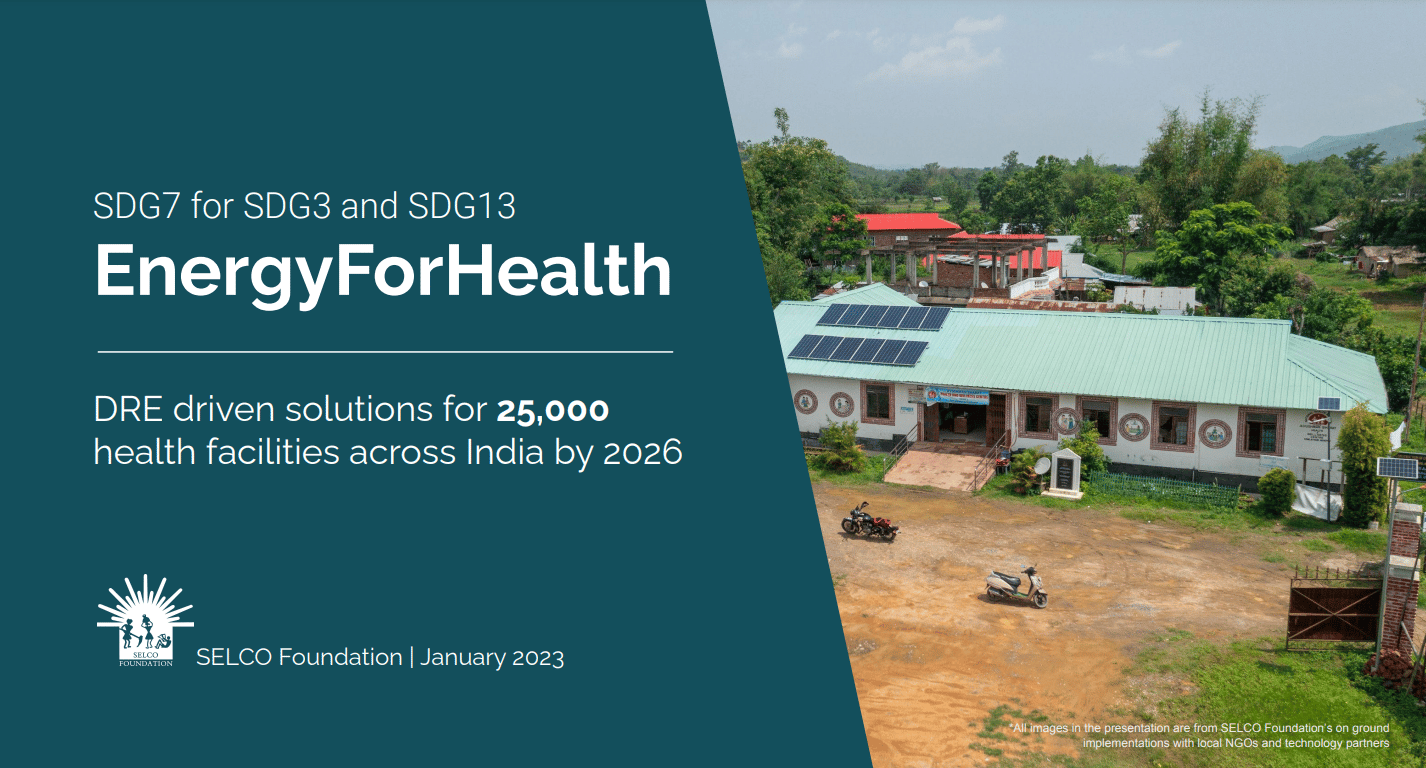PhD Position: Time- and energy-resolved photoemission spectroscopy of liquids (m/f/d) – GERMANY

A joint #PhD position is available within the Winter Research Group at the Fritz-Haber-Institute Berlin (FHI) and the Wilkinson Group within the Institute for Electronic Structure Dynamics at the Helmholtz-Zentrum Berlin für Materialien und Energie (HZB).
If you have a #Master’s #degree in #physics, #chemistry, or a related discipline, apply until 28th of February 2023.
The initial employment term will be for three years.
The PhD project will focus on developing a molecular-level understanding of the ultrafast energy, charge, and mass transfer processes that occur following photoexcitation of biologically-relevant aqueous solutions.
These processes will be studied using time- and energy-resolved liquid-jet photoemission spectroscopy techniques, employing modern laser-laboratory- and accelerator-based ionizing radiation sources.
The research will primarily be performed at the state-of-the-art ultrashort pulse laser facilities (ULLAS and LIDUX) at the Wannsee campus of HZB, where a range of high harmonic generation beamlines and liquid jet spectrometers are in operation. Periodic work at FHI and at X-ray-light-source user facilities is also envisioned.
The outcomes of this research are expected to lead to an improved understanding of damage and photoprotection mechanisms of biomolecular species in their natural, aqueous environments.
The successful candidate can apply for membership in the International Max Planck Research School for Elementary Processes in Physical Chemistry, if interested, and can expect a comprehensive and well-structured training in modern, physicochemical research methods.
Your profile:
Candidates must have a Master’s degree in physics, chemistry, or a related discipline; preferentially with experience with at least one type of spectroscopy. Considered candidates must be able to work independently and as part of an international team. A working knowledge of the English language is also essential.
Experience with any of the following techniques is desirable, but not essential:
Short-pulse laser system
Time-resolved spectroscopy
High vacuum instrumentation
Liquid chromatography (HPLC) techniques
Programming and data analysis in a common framework (Python, Igor Pro, Matlab, Origin …)
The Max Planck Society has set itself the goal of employing more severely disabled people. Applications from severely disabled people are expressly encouraged.
The Max Planck Society strives for gender equity and diversity. We welcome applications from all backgrounds and are particularly pleased to receive applications from migrants.
Furthermore, the Max Planck Society aims to increase the proportion of women in areas where they are underrepresented. Women are therefore expressly encouraged to apply.
Have we piqued your interest?
Applications should include a curriculum vitae, a list of any publications, a letter of motivation, and the contact details of at least two referees. Applications are only accepted via the FHI application portal until 28th of February 2023. Informal inquiries can be sent to Karin Grassow by email: [email protected]
More details about the position, FHI, and HZB can be found at the following links:
https://www.fhi.mpg.de/open-positions
https://www.fhi.mpg.de/209380/Liquid-Jets
https://www.helmholtz-berlin.de/zentrum/index_en.html
We are looking forward to your application.
The Fritz Haber Institute of the Max Planck Society for the Advancement of Science (http://www.fhi-berlin.mpg.de) with its approximately 472 employees is one of the most internationally renowned research institutes.
The institute conducts fundamental research to understand chemical and physical processes at surfaces, interface clusters and nanostructures. Our scientists conduct cutting-edge research on historic grounds, which is unique worldwide.
A joint PhD position is available within the Winter Research Group at the Fritz-Haber-Institute Berlin (FHI) and the Wilkinson Group within the Institute for Electronic Structure Dynamics at the Helmholtz-Zentrum Berlin für Materialien und Energie (HZB).






